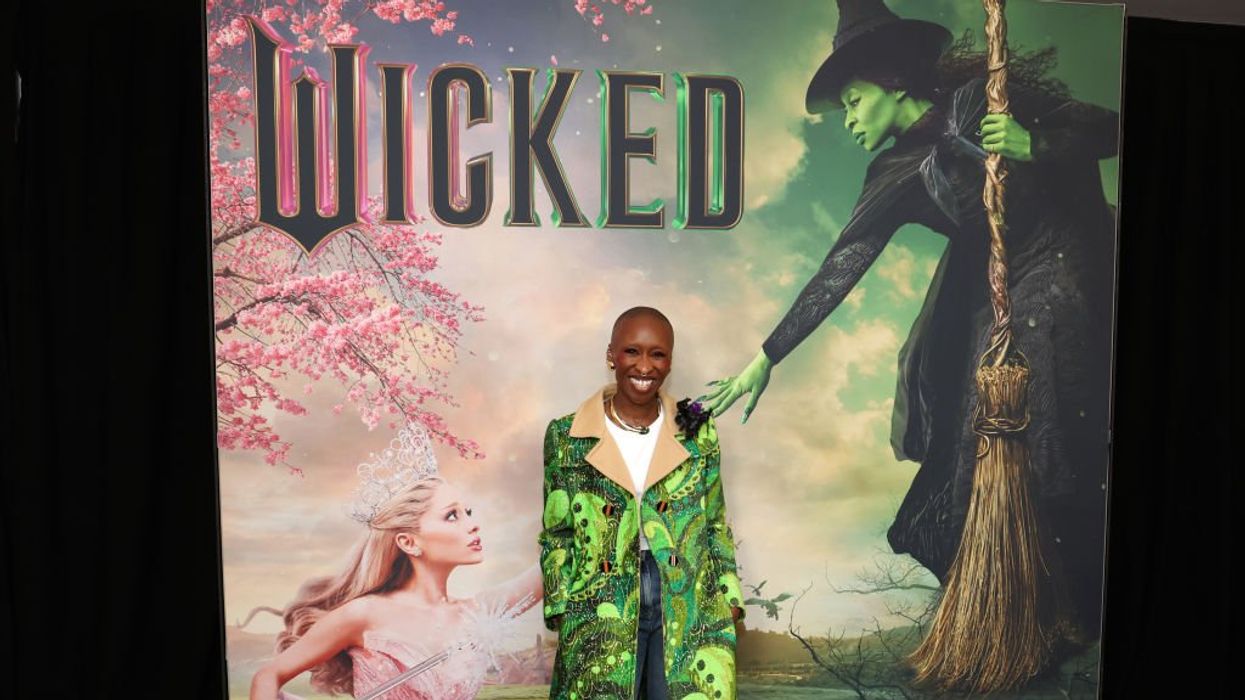The 2024 film adaptation of Wicked arrives as more than mere entertainment—it emerges as a powerful commentary on our contemporary societal fractures. With Cynthia Erivo's groundbreaking portrayal of Elphaba, the film more effectively conveys its central plot line about identity and marginalization, speaking directly to viewers' personal experiences of exclusion, self-affirmation, and activism.
At its core, Wicked offers an artful critique of how society constructs and maintains differences. Elphaba's green skin is an unmistakable metaphor for visible racial, physical, or ability-based differences. The casting of Erivo, a Black actress, in this role interestingly drives home the racism allegories, transforming what could have been abstract commentary into immediate, resonant social criticism. The film's treatment of ability and difference extends beyond mere skin color. Also, the character of Nessarose, Elphaba's wheelchair-using sister, presents a complex examination of ableism and the intersection of physical difference with power. Wicked challenges moviegoers to confront their preconceptions about ability, worth, and the right to occupy societal space.
The stark contrast between Glinda's privileged background and Elphaba's outsider status illuminates the deep-seated class divisions that plague Oz and our society. Wicked's opening scenes explore central themes related to gender and race, establishing how social hierarchies are maintained through overt and subtle forms of discrimination. Perhaps most pertinent to our current political climate is the film's examination of how othering is systemically curated. The Wizard's strategy of uniting society through a common enemy proves eerily relevant, mirroring contemporary political tactics. The film’s depiction of how truth becomes distorted through propaganda is an enlightening aspect of our 'fake news' climate. Additionally, the manipulation of public perception and the exploitation of prejudices are central themes, demonstrating how those in power can shape narratives to maintain their authority.
Wicked recognition that various forms of discrimination don't exist in isolation is compelling. The film portrays how different types of marginalization—whether based on appearance, ability, class, or beliefs—often intersect and reinforce each other. This intersectional approach helps audiences understand how systems of oppression work together to maintain social hierarchies. This is coupled with the themes of resistance and solidarity. Such heavy thematics in the story speak of the hope inherent in resistance and alliance-building. For example, the unlikely burgeoning friendship of Elphaba and Glinda demonstrates the power of crossing social boundaries and challenging ingrained prejudices. Their relationship suggests that meaningful social change requires individual transformation and collective action.
Wicked is a story whose themes of scapegoating minorities, manipulating public opinion, and resistance against authoritarian power structures feel less like fantasy and more like a mirror held up to our nation's current events. It succeeds as entertainment and a powerful lens through which to examine our social divisions and prejudices. It reminds us that the process of othering—whether through ableism, racism, or classism—serves political ends and that resistance begins with recognizing our shared humanity. Its message is and resonates more powerfully than ever.
Johnson is a United Methodist pastor, the author of "Holding Up Your Corner: Talking About Race in Your Community" and program director for the Bridge Alliance, which houses The Fulcrum.




















Trump & Hegseth gave Mark Kelly a huge 2028 gift